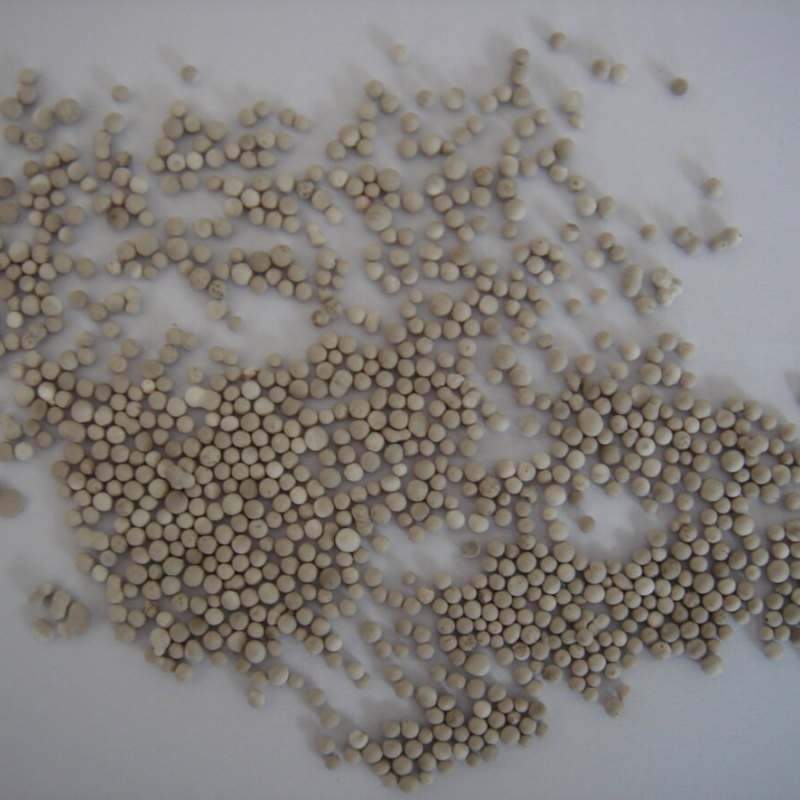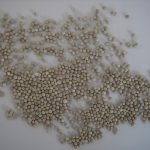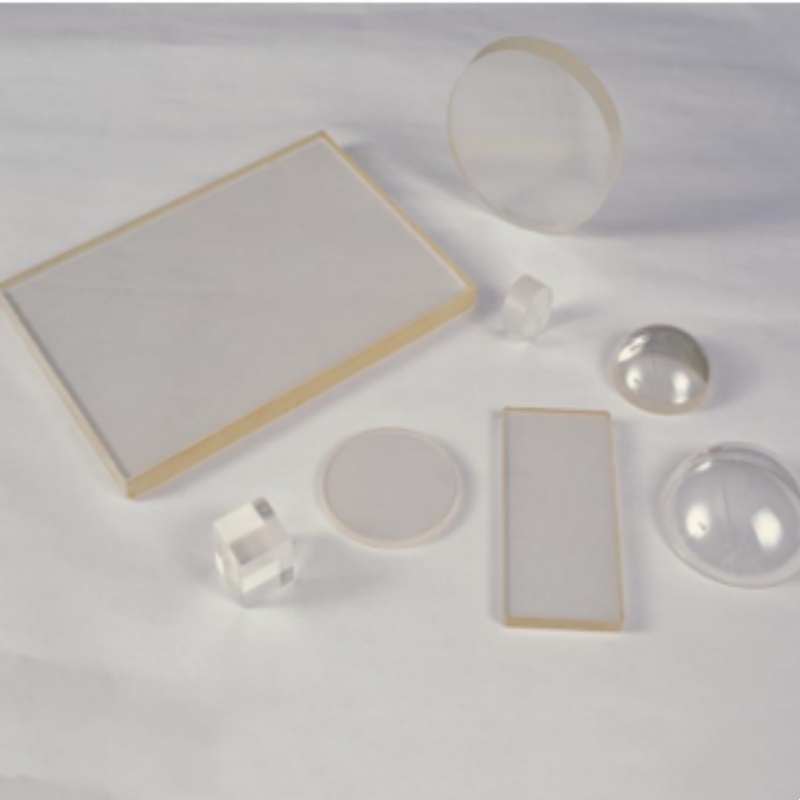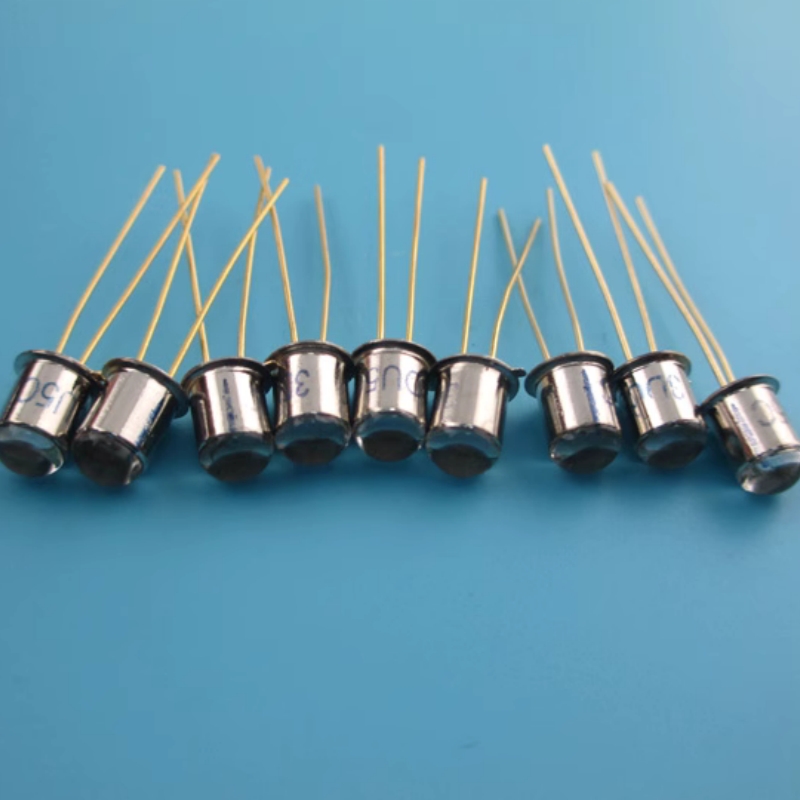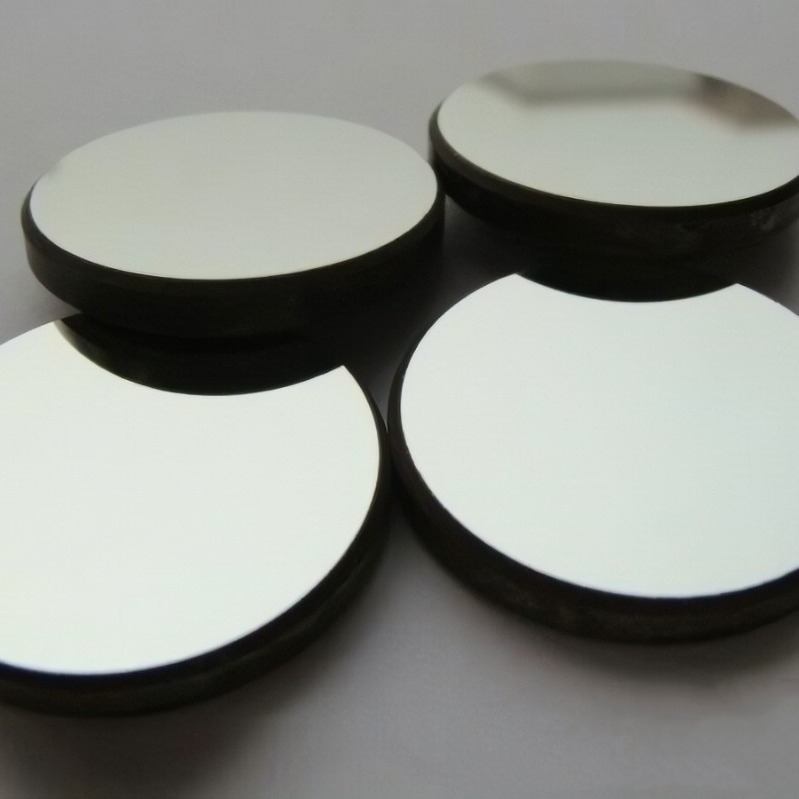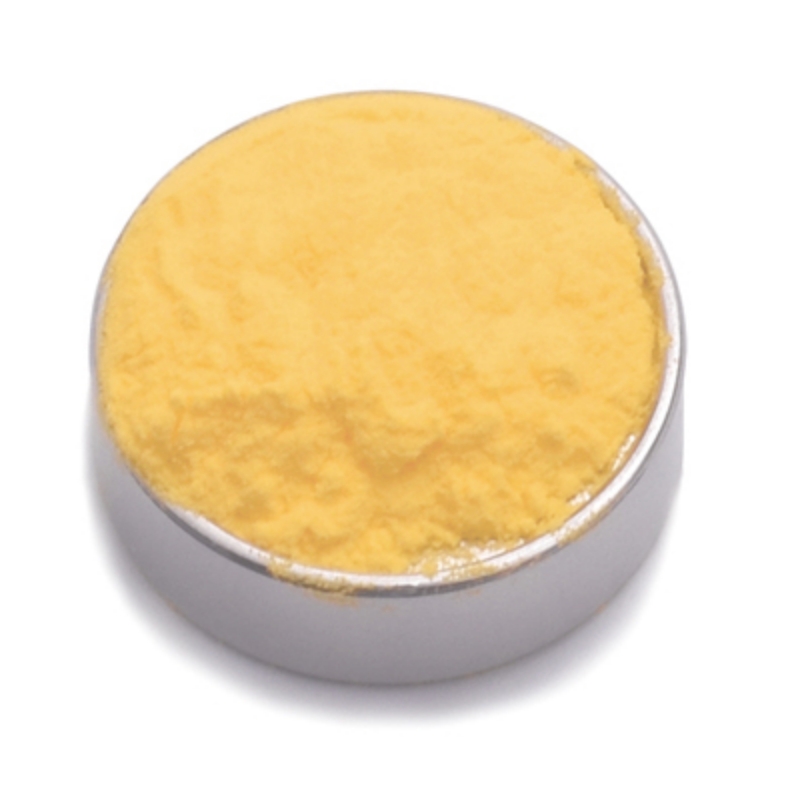Low precious metal continuous reforming catalyst is a high-performance catalytic material designed for efficient hydrocarbon reforming while minimizing the use of costly noble metals. Engineered with optimized metal-supported formulations, it enhances thermal stability, improves reaction kinetics, and extends operational lifespan for industrial applications. This catalyst is widely used in petrochemical refining, gasoline upgrading, and aromatic hydrocarbon production, delivering reliable performance for continuous reforming processes with reduced catalyst regeneration requirements.
Product Overview
The low precious metal continuous reforming catalyst is a new-generation catalyst designed for continuous reforming processes. It uses tin (Sn) and platinum (Pt) as the primary active components. This catalyst offers significantly better thermal stability than traditional catalysts (e.g., 3861 catalyst) and delivers superior catalytic performance. The platinum content of the TNEO catalyst is lower than that of conventional catalysts (such as R-32, 3861, and 3961), making it one of the lowest platinum-containing continuous reforming catalysts. Under the same reaction conditions, the aromatic conversion rate of TNEO is about 1% higher than similar products, and its catalytic activity also outperforms that of competing products.
Key Features
- Low Precious Metal Content: The platinum content is lower than that of similar catalysts, reducing catalyst costs while maintaining excellent catalytic performance.
- Excellent Thermal Stability: The catalyst is highly thermally stable, making it suitable for high-temperature reaction environments and ensuring long-term stable catalytic effects.
- High Aromatic Conversion Rate: Under identical reaction conditions, TNEO catalyst achieves about 1% higher aromatic conversion compared to similar products, improving product quality.
- High Catalytic Activity: The catalyst demonstrates exceptional catalytic activity, enhancing reaction efficiency and performance.
Applications
- Continuous Reforming Process: Specifically designed for the continuous reforming process, it enhances aromatic yields and improves oil product quality.
- Petroleum Refining: Widely used in petroleum refining reforming reactions, boosting the economic efficiency and market competitiveness of petroleum products.
- Chemical Product Production: Applicable in the production of aromatic chemicals, especially for petrochemical products and the manufacture of high-value-added chemical raw materials.
| Property Name | Value |
| Chemical Composition | Pt-Sn-Al₂O₃ |
| Appearance | Spherical |
| Particle Size (mm) | φ1.4–2.0 |
| Bulk Density (kg/L) | 0.54–0.58 |
| Compressive Strength (N/particle) | ≥39 |
| Specific Surface Area (m²/g) | 180–220 |
| Pore Volume (ml/g) | ≥0.7 |
| Wear Loss (W%) | ≤4 |
 new material
new material

